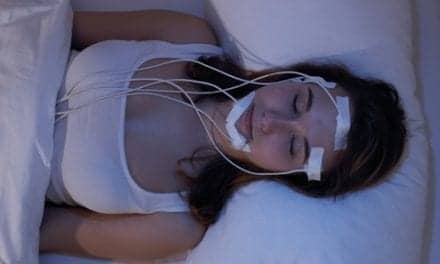In general, people do tend to sleep a little longer in the wintertime, compared to the summertime, reports LiveScience.
“I would say that, yes, the changing day length [over the year] does influence sleep,” said Brant Hasler, a sleep expert and assistant professor of psychiatry at the University of Pittsburgh. “[It’s] probably not enough to notice a day-to-day difference with regard to the winter solstice and the days before and after, but certainly in comparison to the summer solstice,” Hasler told Live Science.




